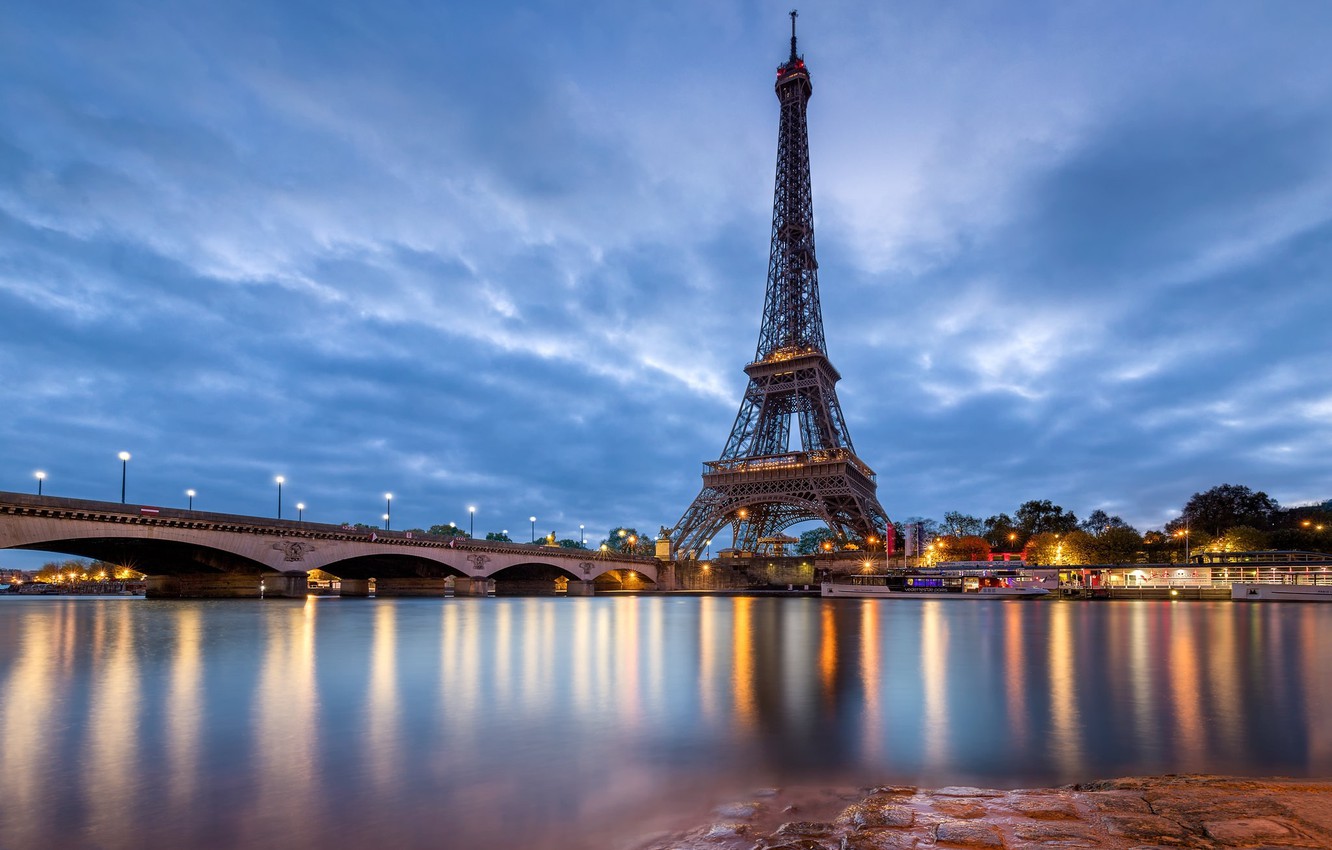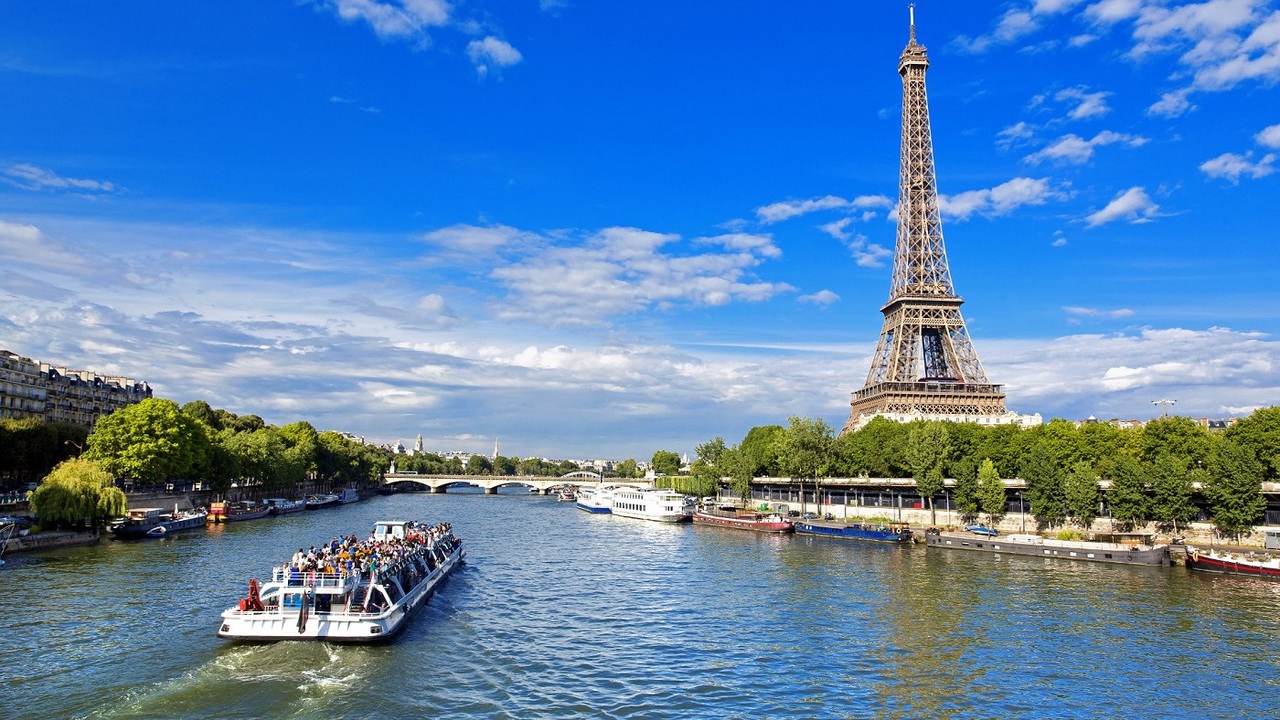We invite you to plunge into the history of the origin and development of the French language before signing up for french and english to french courses, where you will learn how to build phrases in this beautiful and melodic language.
French is the predominant language in France, although there are regional variations. For example, Dutch is spoken in Flanders, dialects of German are used in Alsace and Lorraine, and regional dialects such as Breton are spoken in Brittany, and Basque and Catalan are spoken in the Pyrenees.
Archaeological remains indicate that human beings lived in what is now France for at least 100,000 years. After the Greeks, Celts, Gauls and Romans, the area was occupied by the Germanic Franks sometime in the 5th century AD.
The dynasties established by Charlemagne and Hugh Capet led to a long period of consolidation and expansion between the 8th and early 14th century, culminating in the “Hundred Years’ War” (1337 to 1453), a plague that killed a third of the population of France , as well as the victory of Joan of Arc over the British.
At the beginning of the 16th century, the French Renaissance flourished, but it was accompanied by the poverty of the population. Although the country’s economy prospered under the reign of Louis, internal strife and subsequent internal conflicts eventually took a heavy toll on the peasantry, and in 1789 the French Revolution broke out. After ten years of chaos, Napoleon Bonaparte took control of the country, followed by the orderliness of French laws and the legal system.
Modern history of France
Following this, France experienced an empire, a monarchy, and a republic, with a struggle for power vying with each other until 1875, after which civil war and external war followed, until the Third Republic was established. Two world wars (1914-1918 and 1939-1945) resulted in staggering losses, and the last war even had a brief period in which the pro-German Vichy government held control of the country until Charles de Gaulle paved the way for the Fourth Republic at the end of 1946.
This was followed by a period of english to french, social reform and economic development, which lasted until de Gaulle’s restoration to power in 1958 and the proclamation of the Fifth Republic. An economic downturn, strikes and an embargo on Arab oil in the 1960s forced France to turn to a free market economy in 1975. In 1985, following the election victory of the Socialist Party, François Mitterrand was elected president, followed by former Prime Minister Jacques Chirac.
About 76% of French city dwellers are Roman Catholics, but Muslims, Protestants and Jews also make up significant religious minority groups.
The presidential republic of France is represented by a parliament divided into the National Assembly and the Senate, as well as a president who is elected for a term of seven years and appoints the prime minister and recruits the cabinet of ministers.
At the local level, the central departments of France are subdivided into communes, which are governed by municipal councils.
